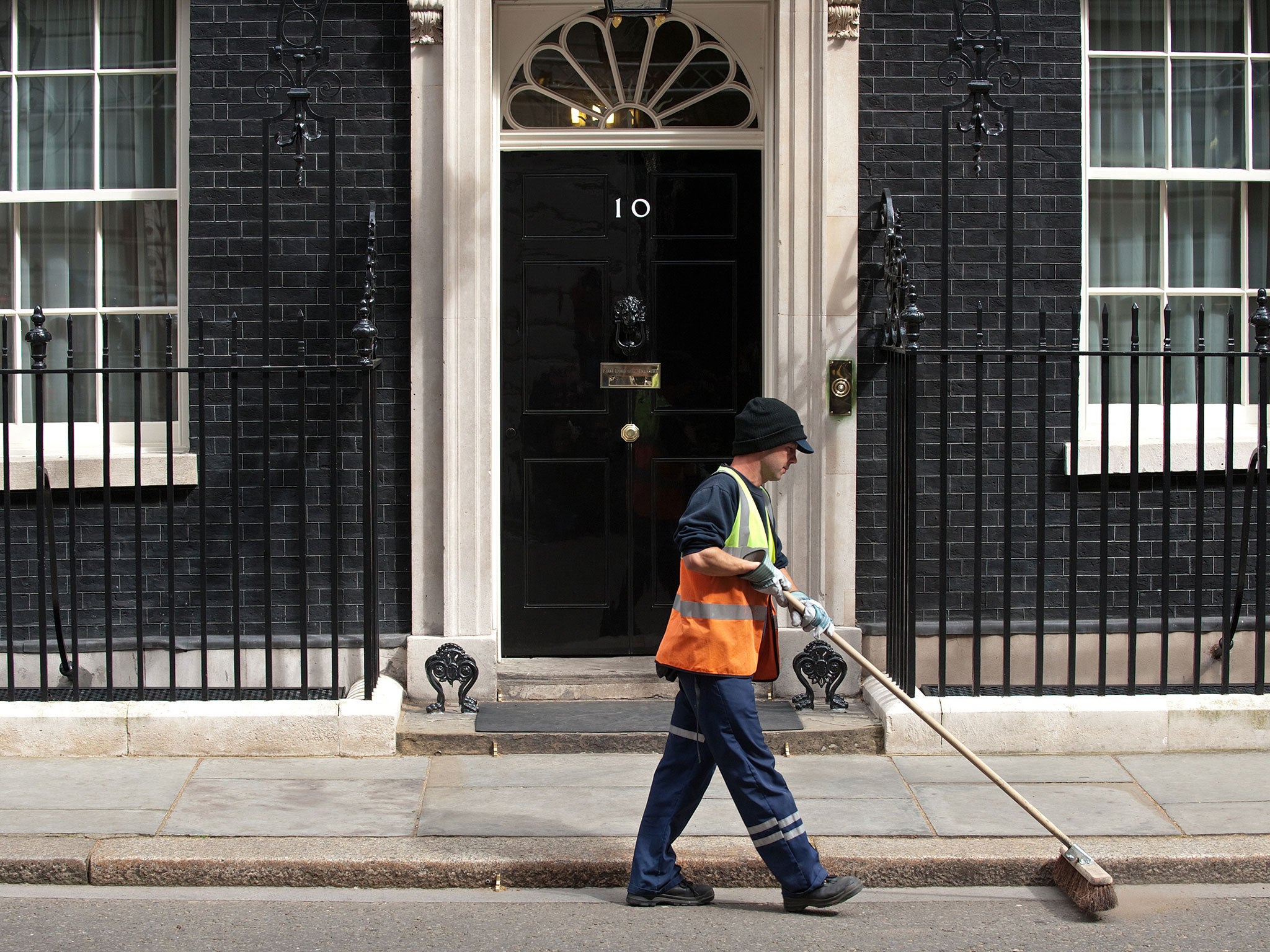Labour says the working class no longer exists, so why do 60 per cent of us claim to belong to it?
When politicians who believe everyone is middle class see vast decaying housing estates, they must think someone’s having a giant dinner party with a Victorian theme.


Your support helps us to tell the story
From reproductive rights to climate change to Big Tech, The Independent is on the ground when the story is developing. Whether it's investigating the financials of Elon Musk's pro-Trump PAC or producing our latest documentary, 'The A Word', which shines a light on the American women fighting for reproductive rights, we know how important it is to parse out the facts from the messaging.
At such a critical moment in US history, we need reporters on the ground. Your donation allows us to keep sending journalists to speak to both sides of the story.
The Independent is trusted by Americans across the entire political spectrum. And unlike many other quality news outlets, we choose not to lock Americans out of our reporting and analysis with paywalls. We believe quality journalism should be available to everyone, paid for by those who can afford it.
Your support makes all the difference.The working class, according to most learned people and the main political parties, finally disappeared about 20 years ago. There may be the odd character sticking it out, like the last people to speak Cornish, living under a cliff with an iron smelter and claiming to have never heard of olive oil, but apart from that they’re gone. At a Labour Party conference, even the term “working class” would seem as outdated as if someone said: “Conference, verily I say unto thee, we must commenceth mighty battle in the council elections. I beg, sire, I remain especially confident in Lewisham.”
And yet a survey this week suggested that 60 per cent of the population regard themselves as working class. Shouldn’t this receive more publicity, that six-tenths of Britain considers itself part of something that doesn’t exist and is therefore clearly mental? It’s as worrying as if 60 per cent said their place of residence was Teletubbyland, or their occupation was “werewolf”, or their ethnic group was talking octopus.
Part of the problem must be that there are different ways of defining working class. Some see it as the group in society that has no choice but to sell its labour, so remains vulnerable to its living being emasculated by a change in that society over which it has no control. Others disagree, and say you can’t be working class if you’ve ever listened to Radio 4 or been to France.
Peter Mandelson, for example, concluded that everyone was middle class, so Labour had to present a new image reflecting most people’s lives. This meant discarding its working-class figures, and replacing them with leaders like Mandelson, whom the vast majority of the population can easily identify with. Go into any launderette or supermarket, and you’ll hear everyone say, “That Peter Mandelson, he’s just like one of us”.
There are a few problems with the view that the working class has disappeared. Presumably, academics and politicians who believe this must see vast decaying housing estates and think someone’s having a giant dinner party with a Victorian theme. If you ask them who delivers their post, they must assume it’s Nigel Havers doing charity work.
The percentage of people who saw themselves as working class never dipped as much as was claimed, but now it’s growing. That may be because many people who once saw themselves as in control of their own destinies – for example, salesmen, head teachers, middle managers, etc – now feel powerless, with no job security, a declining pension and massive university fees to pay.
Some might suggest that it therefore makes sense for Labour to try and appeal to this working class, and be more strident about defending its interests, against the handful becoming wealthier than ever. But Labour is cannier than that, and knows it can’t get anywhere pursuing minority interests. So, as they only amount to 60 per cent of the country, it makes much more sense to insist they don’t exist.
Join our commenting forum
Join thought-provoking conversations, follow other Independent readers and see their replies
Comments